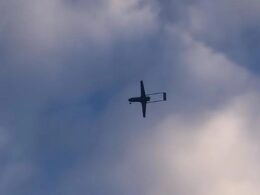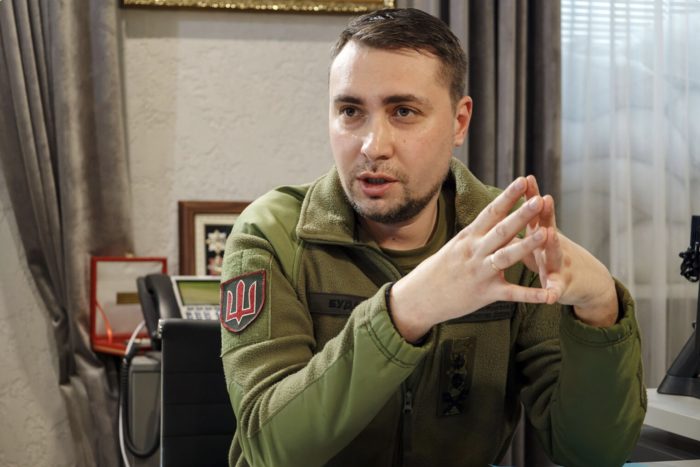Ukraine's drone attacks on Russia are a part of "shaping operations" that aim to stretch Russian defenses before the upcoming counteroffensive of the Ukrainian forces, according to the Financial Times.
Ukraine carries out attacks on Moscow and other regions of Russia to mislead or distract the Russian military leadership and create a favorable backdrop for a counteroffensive, the Financial Times reported.
The drone strike on the Kremlin in Moscow on 3 May 2022, a maritime drone attack on a Russian spy ship in the Black Sea on 25 May, and the incursion from Ukraine into Russia's Belgorod region on 22 May might be an integral part of the Ukrainian shaping operations that should force the Russian military leadership to move frontline troops to the border regions. On Tuesday morning, 30 May 2023, up to two dozen drones attacked Moscow.
On the eve of Ukraine's long-awaited counteroffensive to retake occupied territory, drone attacks are just four of the increasingly bold shaping operations that Ukraine has launched this month, according to the Financial Times.
From symbolic strikes to more strategic attacks, these shaping operations are part of standard military practice to deceive the enemy, interfere with their thinking, and otherwise "shape" the battlefield before a major offensive, according to the Financial Times.
"A successful offensive begins with a successful psychological offensive. Their [Russian - ed.] morale is not at the highest level," an unnamed senior Ukrainian official told the Financial Times.
John Spencer, a former US Army Major who holds the Chair of Urban Warfare Studies at the West Point Modern War Institute, noted that the so-called deception operations have always been part of warfare. Still, now their effect is amplified by social media.
"The idea is to create a lot of dilemmas for the Russian command. Problems, such as breaking through the front line, attract attention. Dilemmas paralyze action," Mike Martin, a former British army officer and author of the book "How to Fight a War," told the Financial Times.
The Ukrainian operations in the gray zone require Russia to allocate and redistribute available resources. Such operations deceive the enemy and make them pay attention to something else, Spencer said. Apart from that, such shaping operations have psychologically affected Russia, showing that even the Russian capital is vulnerable to Ukrainian attacks, according to the Financial Times.
An unnamed Ukrainian military intelligence official told the Financial Times that the raid in the Belgorod region on 22 May and similar operations are intended to hit the morale of the Russians and force them to redeploy troops along the border. However, the official claimed that Ukraine's Intel has not yet seen signs of such redeployment.
Russian Volunteer Corps fights for Ukraine and to dismantle Putin’s regime
Ukraine had successfully diverted Russian attention before. Last summer, for several weeks, the idea of a counteroffensive in the South had been widely discussed by Ukrainian officials and military experts. When Russian troops moved in, Ukraine launched a successful blitzkrieg in the Northeast, in the Kharkiv Oblast.
According to the Financial Times, Ukraine will likely continue its shaping operations, combining them with precision attacks that aim to undermine Russian military assets and capabilities. This could include long-range strikes using Storm Shadow cruise missiles and drone attacks.
Neither Russia nor Western allies of Ukraine know when the Ukrainian counteroffensive will begin. From a Ukrainian perspective, such "nervous uncertainty" is critical, an unnamed senior Western official told the Financial Times.
Related:
- Alleged drone attack strikes Moscow, Russia accuses Ukraine of "terrorist attack"
- Ukrainian drones dropping grenades, FPVs most effective weapon against Russia
- Top Russian official doubts regular army can defend occupied Crimea - UK Intel





